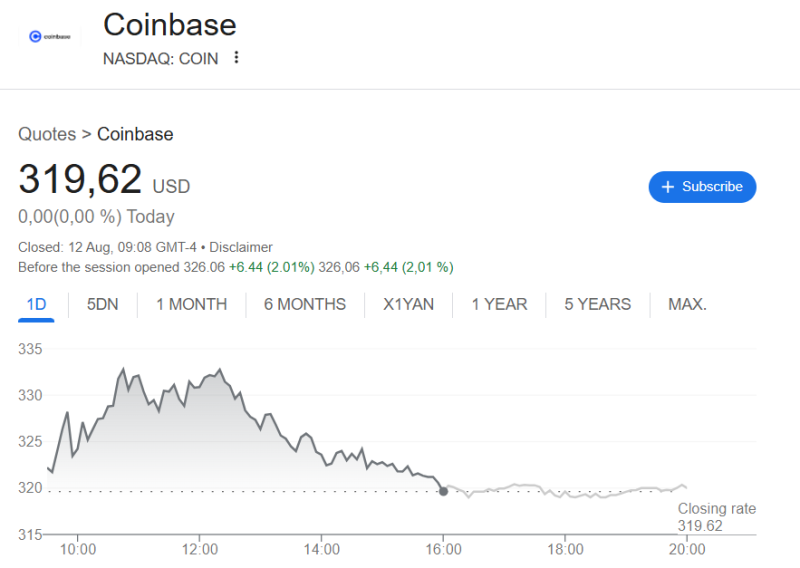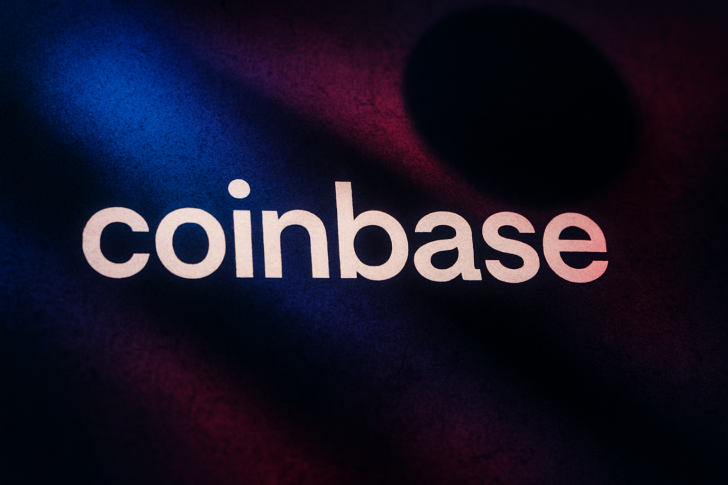Europe's crypto scene is getting a major shakeup. The new MiCAR regulations aren't just compliance rules - they're deciding which exchanges dominate the European market and which get kicked out.
Coinbase (COIN) got their MiCA license from Luxembourg this year and can now offer everything to EU customers while competitors remain stuck in regulatory limbo. That's potentially huge for anyone holding crypto assets that benefit from increased institutional access.
Why MiCAR White Papers Are Changing Everything
Andrea Pantaleo from DLA Piper put it bluntly: "If you're running a crypto exchange in the EU, you need a MiCAR-compliant white paper or you can't legally operate. Period." The problem? Many companies still don't get how serious this is.
The European Securities and Markets Authority (ESMA) just closed all loopholes companies used to dodge these rules. Pantaleo wasn't mincing words: "We'll probably see the first enforcement actions soon." Some exchanges are about to get hammered.
These white papers give investors real transparency about what they're buying. When you can actually understand what a crypto project does, it changes how you value it.
The Compliance Gold Rush in Crypto Markets
Companies getting this right are cleaning up. Tim Zölitz from Crypto Risk Metrics helps exchanges stay compliant. His clients include Kraken, Bitpanda, OKX, Bitstamp, and Clearstream.
"MiCAR puts more burden on European crypto companies than anywhere else. But if you can navigate it, you're golden," Zölitz admits.

Since MiCAR kicked in, only 53 crypto firms got approved across the entire EU. The big losers? Binance and Tether didn't make the cut, which is massive for market dynamics.
Germany leads with most licenses, potentially making it Europe's unofficial crypto capital. For traders, this means paying attention to which platforms are MiCAR-compliant - that's where smart money is heading.
 Peter Smith
Peter Smith

 Peter Smith
Peter Smith


